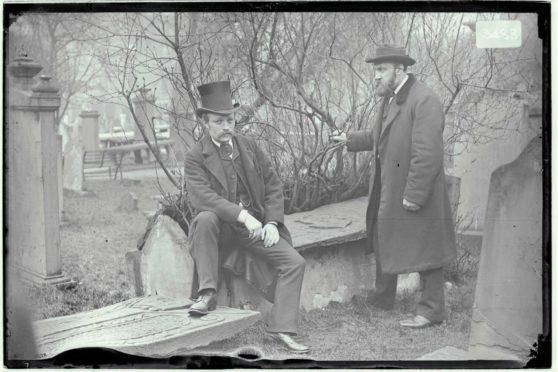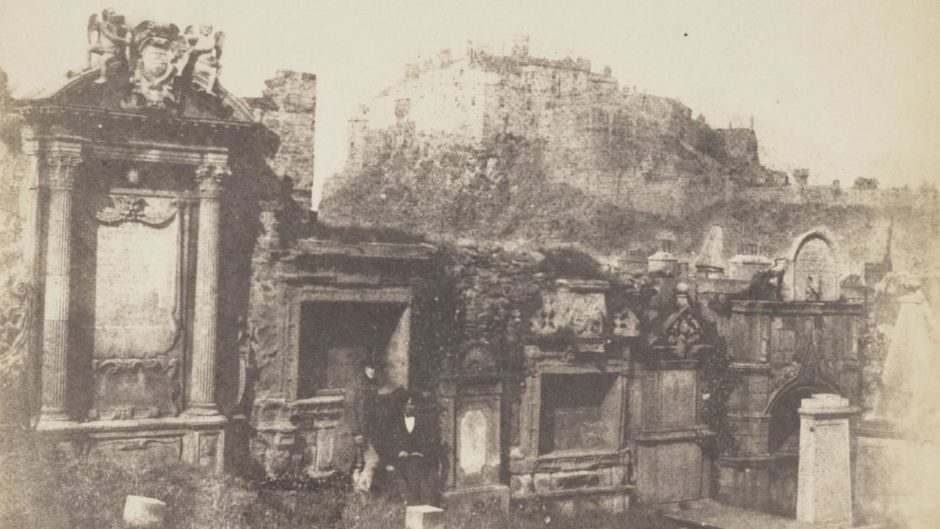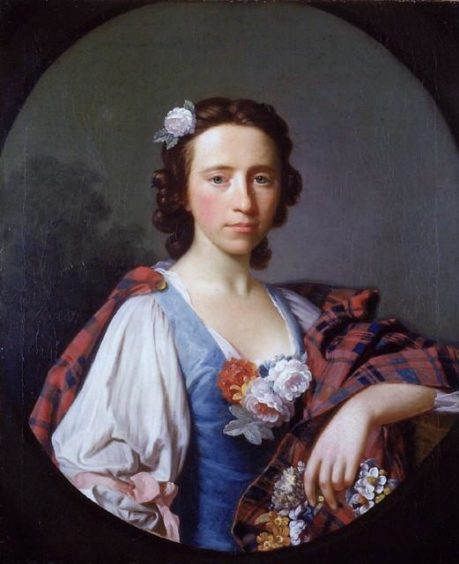It’s the biggest history project of its kind ever carried out and chronicles the details of more than a million headstones and memorials across the country.
And the venture, Scotland Monumental Inscriptions, which is the result of a grassroots initiative involving scores of volunteers, who spent hundreds of hours throughout lockdown painstakingly transcribing details from different cemeteries, is being published for the first time today [FRI] by the family history website Findmypast.
The new online resource has been created to enable the public to take digital tours through the graveyards of Scotland and investigate countless stories from these consecrated places.
It spans almost 1,000 years of history, with records dating back to 1093, and covers more than 800 burial sites in 688 parishes across all 34 Scottish counties.
The project has been boosted by the labours of 10 Scottish family history societies, including Aberdeen and North East Scotland FHS, Caithness FHS, Highland FHS, Tay Valley FHS and the Moray Burial Ground Research Group.
The organisers confirmed that their combined labours have chronicled the lives and deaths of nearly 1.1m people, including monarchs, courtiers, Covenanters, Jacobites and revolutionaries, poets, artists, musicians and tradesmen and women of every variety.
Myko Clelland, regional licensing and outreach manager at Findmypast, said: “Scotland is a nation of stories, but so many lie forgotten in cemeteries across the country.
“Through the tireless efforts of local expert volunteers, combined with new technology, these stories can be told for the first time online.
“What better way could there be to bring these tales to life than to let descendants tell these tales for themselves?”
The collection includes all manner of notable individuals, including the “Wolf of Badenoch”, Alexander Stewart, who is said to have died after a chess match with the Devil; Flora Macdonald, who helped Bonnie Prince Charles to escape after Culloden; David Rizzio, the murdered courtier of Mary Queen of Scots; and Queen Victoria’s favourite servant John Brown.
It features records of inscriptions found on buried stones, which have been uncovered through archaeological surveys, with their details unveiled for the first time in centuries.
In addition, many old books and local histories were used to decipher memorials which have long been lost due to erosion, weathering or the passing of time itself.
The participants are hopeful the project will encourage an increasing number of Scots to research their family tree.
To access the records, visit:
https://search.findmypast.co.uk/search-world-records/Scotland-monumental-inscriptions


